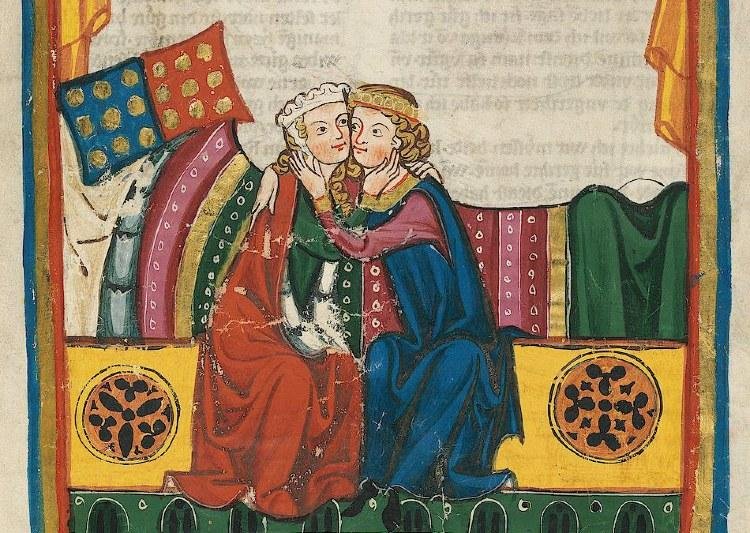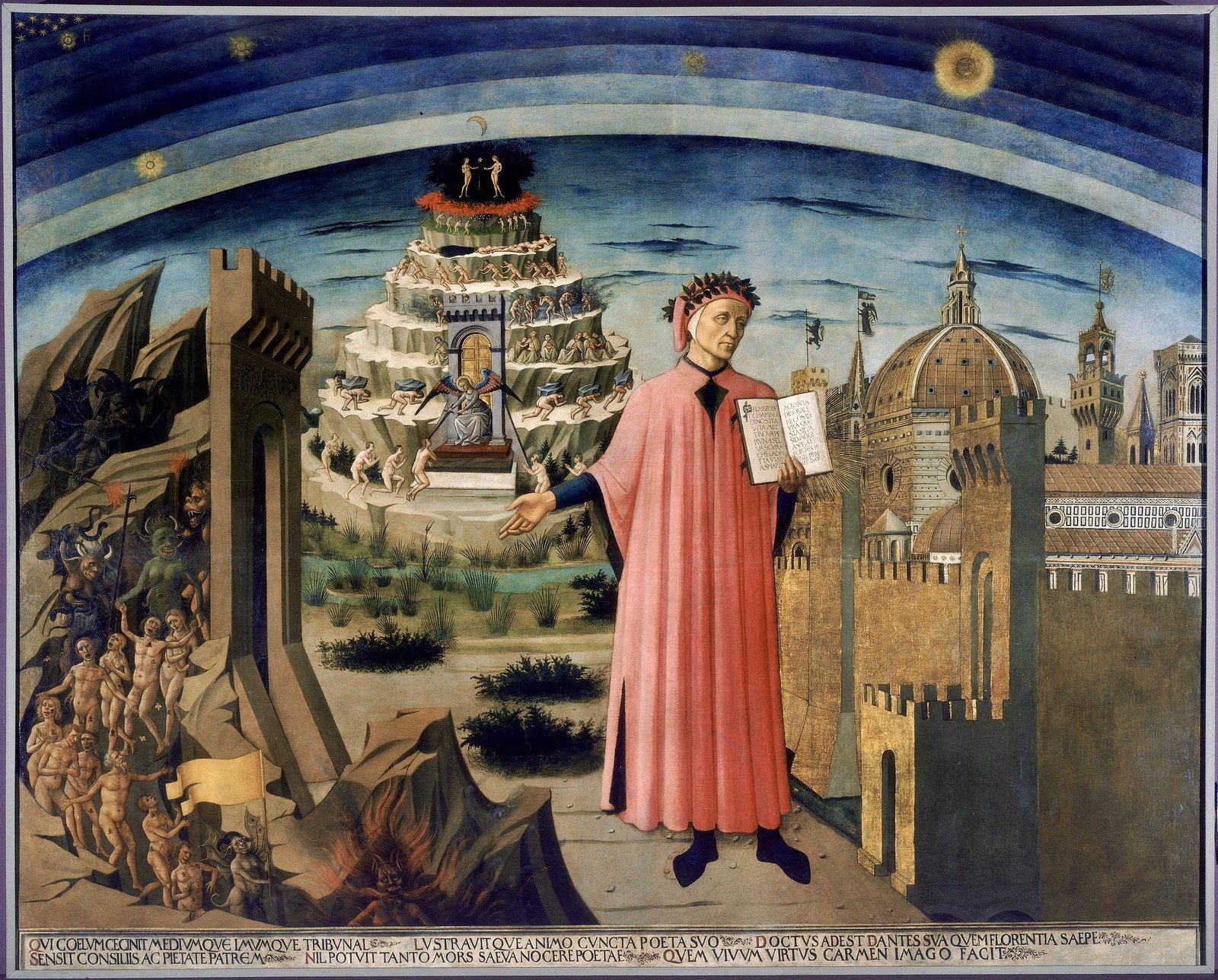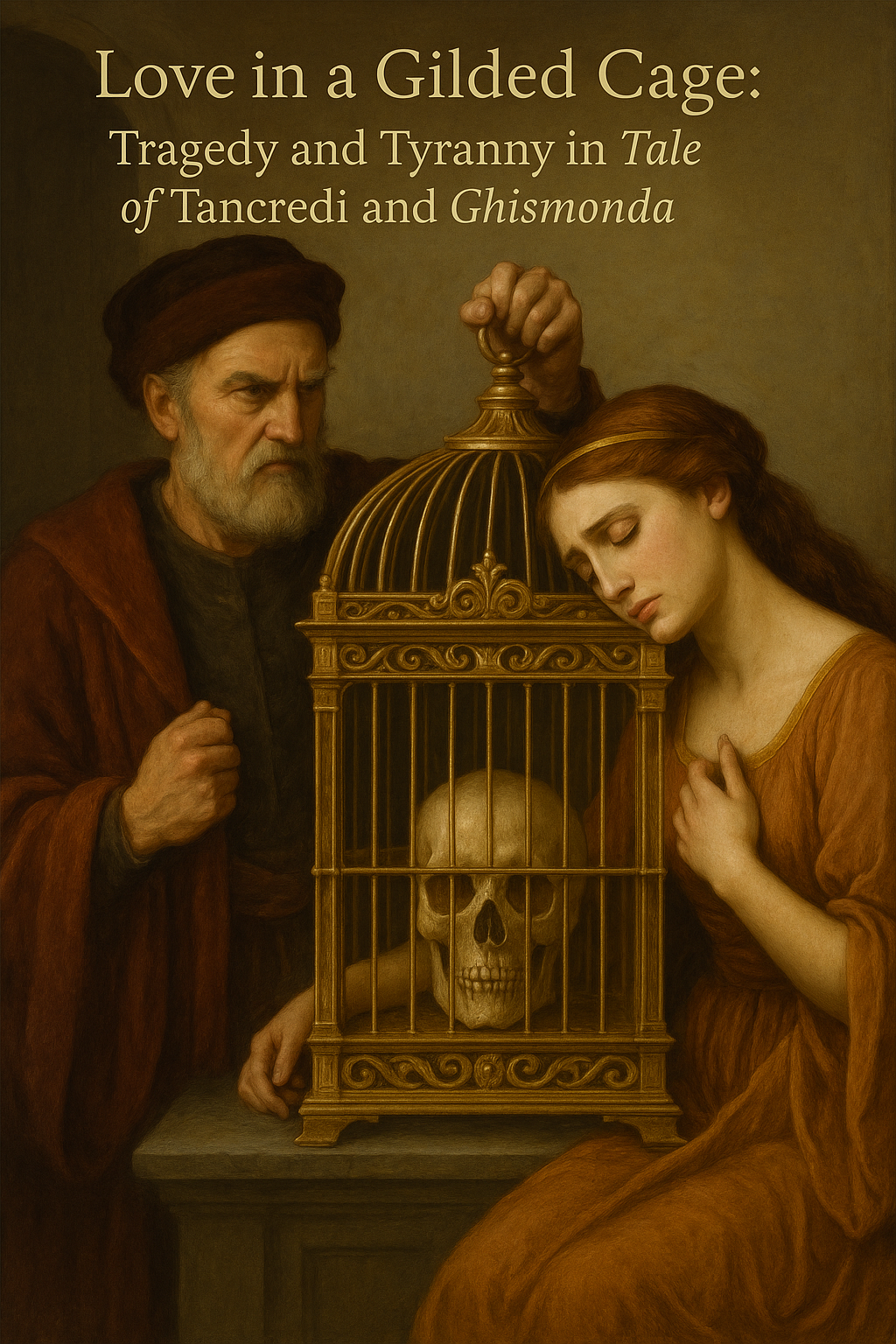“Of Falcons and Fools: The Cost of Love in Federigo degli Alberighi’s Tale”

Introduction:
In Giovanni Boccaccio’s Decameron, the tale of Federigo degli Alberighi stands out as a poignant meditation on love, sacrifice, and social expectation. Told on the fifth day, this tale explores a nobleman’s unrequited love for a woman who only realizes his worth after he has given up everything for her—including his prized falcon. This review will examine how Boccaccio uses irony and moral complexity to question the value of love and generosity in a world driven by status and fortune.
Summary:
Federigo, a nobleman of Florence, squanders his wealth trying to win the love of Monna Giovanna, a wealthy married woman who does not return his affection. Reduced to poverty, he retires to the countryside with only his beloved falcon. Years later, after her husband's death, Monna Giovanna visits Federigo to ask for the falcon on behalf of her ailing son. Unaware of her request, Federigo, having nothing else to offer, cooks the falcon as a humble gesture of hospitality. When she reveals the purpose of her visit, both are devastated. Ultimately, after her son's death, Monna Giovanna marries Federigo, recognizing his virtue and loyalty.
Analysis:
Boccaccio crafts this tale with heavy irony, particularly in the climactic moment when Federigo unknowingly kills the very falcon Monna Giovanna came to request. This twist deepens the emotional tension and invites readers to question how noble intentions can collide tragically with reality. Federigo’s gesture is simultaneously foolish and noble—his overzealous generosity leads to a heartbreaking outcome, yet also reveals the depth of his character.
Character motivation plays a central role in driving the narrative. Federigo’s actions are driven by romantic idealism, reflecting the courtly love tradition where devotion surpasses reason. Monna Giovanna, by contrast, is pragmatic and restrained until her final decision to marry him. Her delayed recognition of Federigo's worth critiques societal norms that prioritize wealth over virtue—a concern very much alive in Boccaccio’s time.
Symbolism also enriches the story. The falcon is not just a bird, but a symbol of Federigo’s identity, pride, and final possession. Its sacrifice underscores the theme of love’s cost and the inversion of traditional gender roles—where the male character performs domestic hospitality, and the female character ultimately makes the life-changing decision.
The tale reflects 14th-century values about gender, class, and morality. Women were often seen as passive figures in love narratives, but here, Monna Giovanna exercises choice and authority, though only after significant loss. The story also comments on the fluidity of fortune—a key preoccupation of the medieval mindset—where social status can shift dramatically, and personal virtue may or may not be rewarded.
Personal Response:
I was moved by the terrible irony and emotional nuance of this story. The narrative stuck with me because of the tension created by Federigo's act of falcon sacrifice, which was both incredibly touching and terribly innocent. I liked how Boccaccio avoids giving us a straightforward lesson and instead offers a bittersweet conclusion that honors virtue but comes at a high emotional cost. The story got me thinking about how we show love and how frequently those actions are misinterpreted or performed at the wrong moment.
Conclusion:
Federigo’s tale is more than just a story of romantic devotion; it is a nuanced commentary on generosity, recognition, and the unpredictability of life. In today’s world—where grand gestures are sometimes undervalued or misread—this tale reminds us that sincerity and sacrifice still carry emotional weight, even if they are not immediately rewarded. Boccaccio’s narrative continues to resonate because it captures the universal longing to be seen, loved, and valued for who we truly are.







